Workshop #1 3:00 PM - 4:30 PM UTC
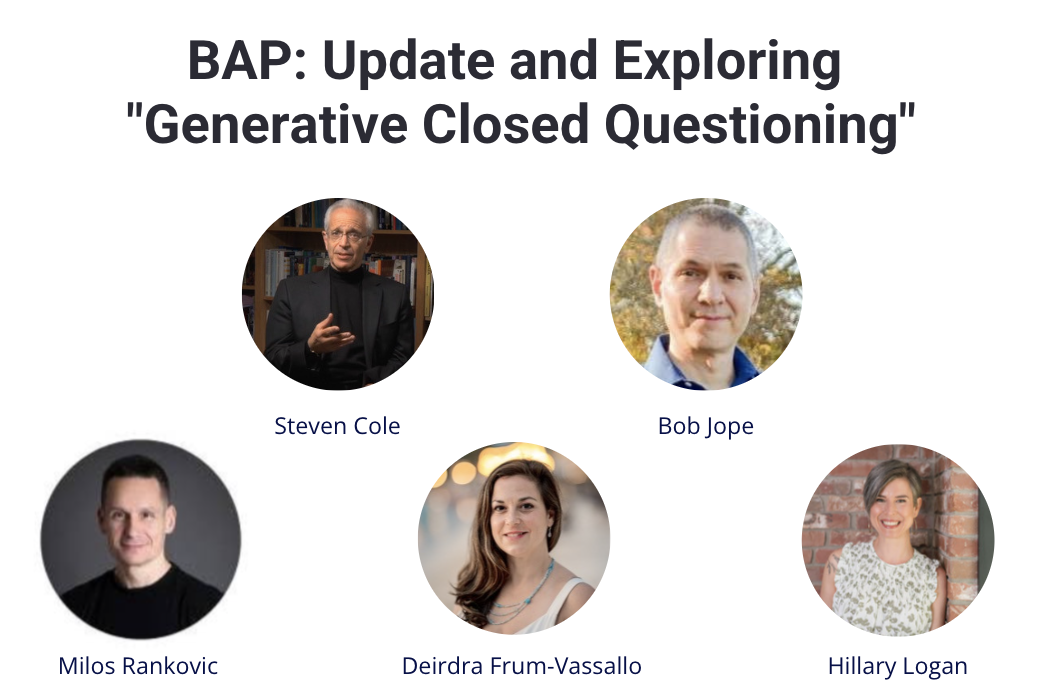
Based on MI, Brief Action Planning (BAP) was introduced circa 2003 for self-management support in chronic illness care. Uptake across healthcare is growing. A scoping review cited 143 publications; a systematic review is completed; and recent Cardiology and Preventive Medicine articles consider BAP “an innovative tool” for lifestyle and health behavior change, for use independently or synergistically (“BAP-MI”) with MI. Within MI, BAP is mostly considered a flexible algorithm for Planning. This workshop will update participants on use of BAP in MI settings and introduce the proposition that MI-consistent/adherent use of generative closed questioning (GCQ) may contribute to efficiency/effectiveness. Learning Objectives: 1. Describe the core competencies of Brief Action Planning (BAP) and describe ways BAP can be used as a roadmap for Planning, independently or integrated throughout the tasks of MI; 2. Describe the concept of generative closed questions (GCQ) and ways BAP optimizes their usefulness; and 3. Develop strategies to begin integrating BAP, if they would like, into their current clinical or training practices.
Workshop #2 5:00 PM - 6:30 PM UTC
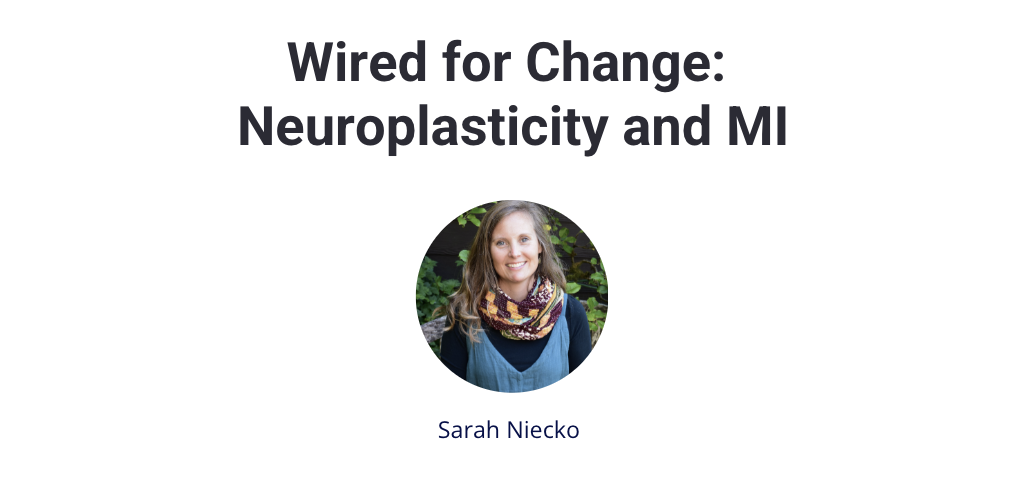
This 1.5-hour workshop explores the intersection of motivational interviewing and neuroplasticity, shedding light on the profound impact conversations can have on the brain’s ability to change. Attendees will gain insights on how mindful conversations, infused with the spirit, skills, and techniques of MI, can promote neurological growth, create new neural connections, and activate our brain’s hope centers. This workshop will examine how the skills and techniques of MI activate particular brain regions and allow it to adapt and change in response to experiences, making change not only possible but rewarding and worth pursuing. Participants will learn how change talk and sustain talk can influence brain function and the brain’s ability to reorganize itself over time and how the act of envisioning and articulating behavioral change strengthens the neural pathways for it.. By understanding how these conversational dynamics influence brain pathways, attendees will better appreciate how the conversation itself leads to neurological growth, even before observable changes take place. Learning Objectives: 1. Describe how the spirit, skills, and techniques of MI can influence the process of neuroplasticity. 2. Explain how client language and behaviors promote neurological growth. 3. Identify how evoking change talk stimulates neural responses linked to behavior change.
Workshop #3 7:30 PM - 9:00 PM UTC
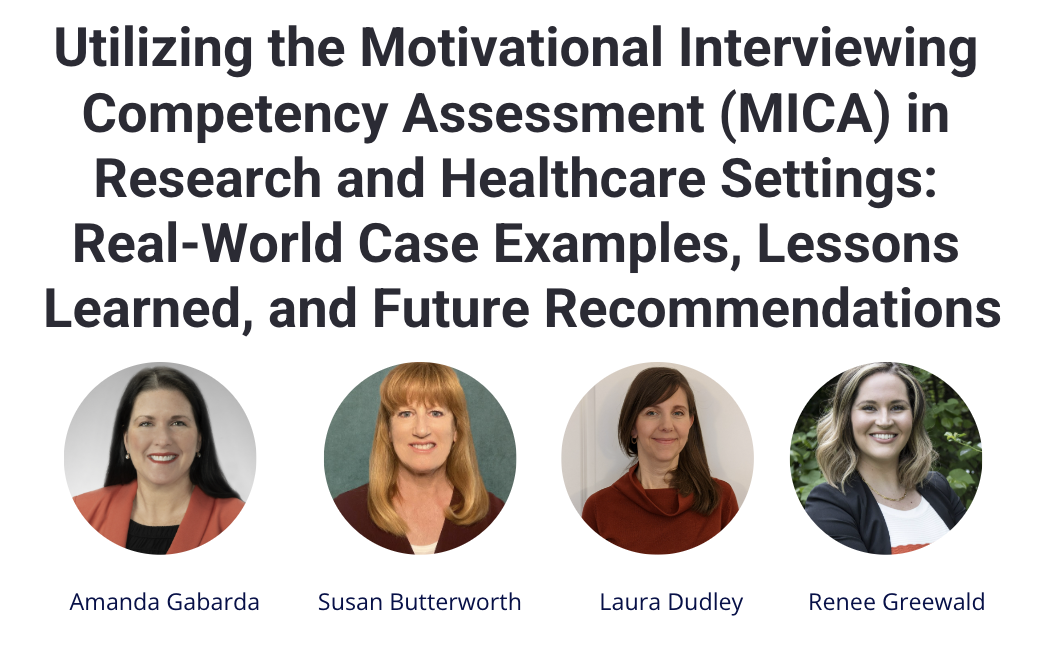
This presentation will explore the application of the Motivational Interviewing Competency Assessment (MICA) in research and healthcare settings and focus on how MICA is used to assess and improve the competency of practitioners in motivational interviewing (MI). Case studies will illustrate the diverse applications of MICA for practitioners including nurses, health coaches, registered dietitians, social workers, behavioral health clinicians, and non-clinical member support specialists and will span different delivery modes including in-person, telephonic, and digital modalities. Valuable lessons will be shared based on speakers’ experiences, offering practical insights and recommendations for other researchers and healthcare professionals looking to integrate the MICA into their own practice. By the end of the workshop, attendees will gain a deeper understanding of the benefits and limitations of using MICA (or another standardized coding tool) and how it can be effectively incorporated into supervision and quality assurance programs. Learning Objectives: 1. Describe the benefits of using MI coding tools in research and healthcare settings for quality and how the MICA is utilized to support MI proficiency. 2. Explore case studies highlighting applications, challenges, and successes of implementing MICA-based programs. 3. Discuss lessons learned and future directions for the use and development of MICA in various settings.
Workshop #4 9:30 PM - 11:00 PM UTC
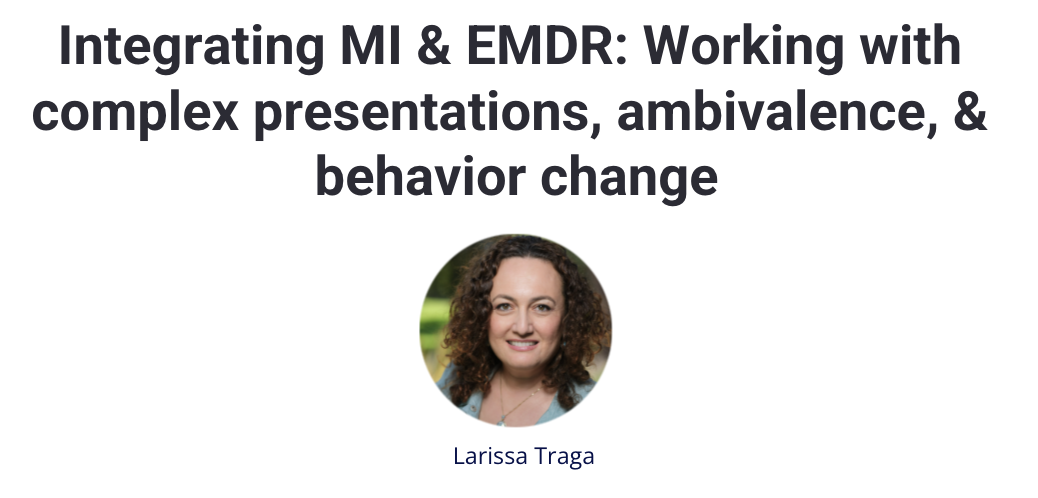
This workshop explores the integration of Motivational Interviewing (MI) and Eye Movement Desensitization and Reprocessing (EMDR) to enhance client engagement, address ambivalence, and facilitate trauma resolution, particularly in complex clinical presentations. Participants will examine key MI principles and their application within EMDR to support behavior change, affect regulation, and client motivation. The training will also introduce the Processing Continuum model, helping clinicians tailor EMDR interventions to maintain clients within their window of tolerance. Learning Objectives: 1. Identify specific Motivational Interviewing strategies and tools for using EMDR with ambivalence, behavior change and complex presentations. 2. Differentiate between a top down and bottom up approach to addressing complex presentations. 3. Identify preparation/resource skills to support complex presentations.
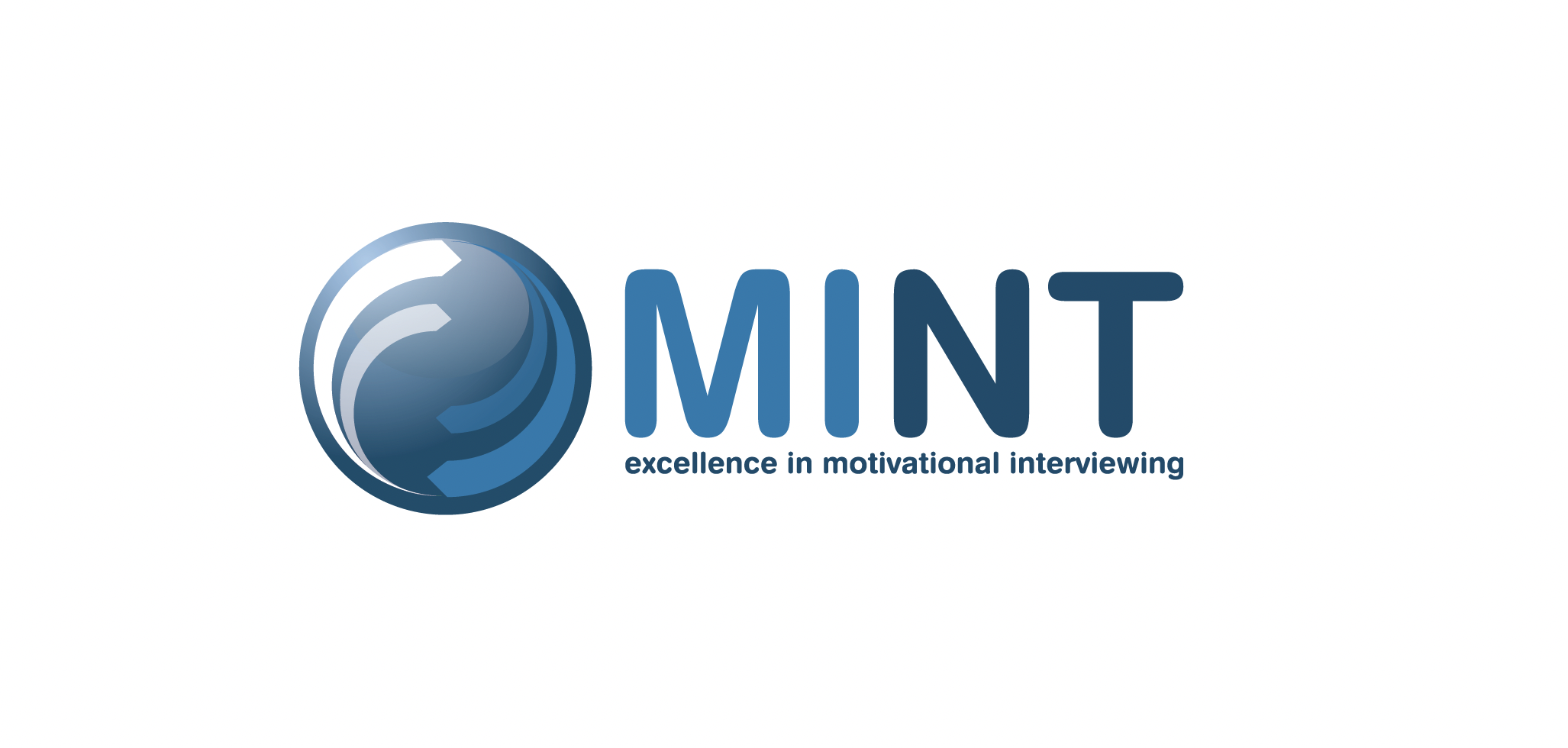
Empowering Change One Conversation at a Time
Our goal is to build community and create connections all over the world by providing various virtual workshops with topics linked to Motivational Interviewing.
